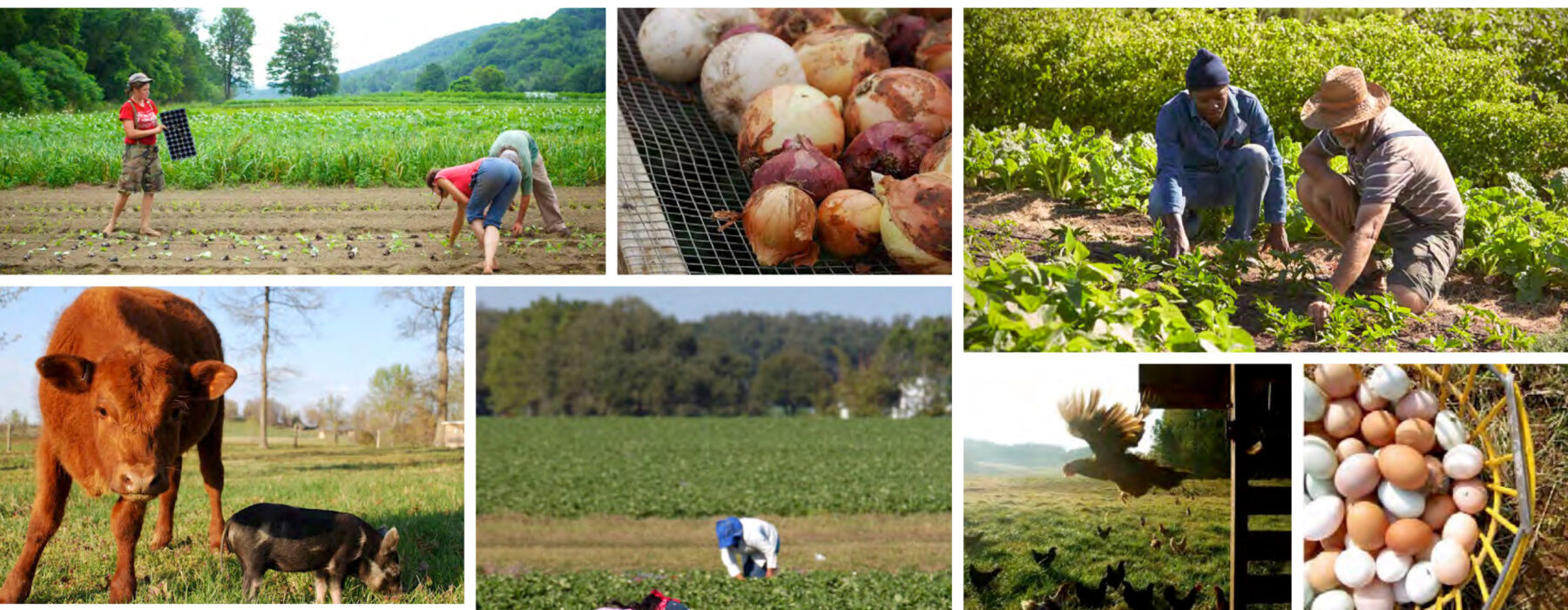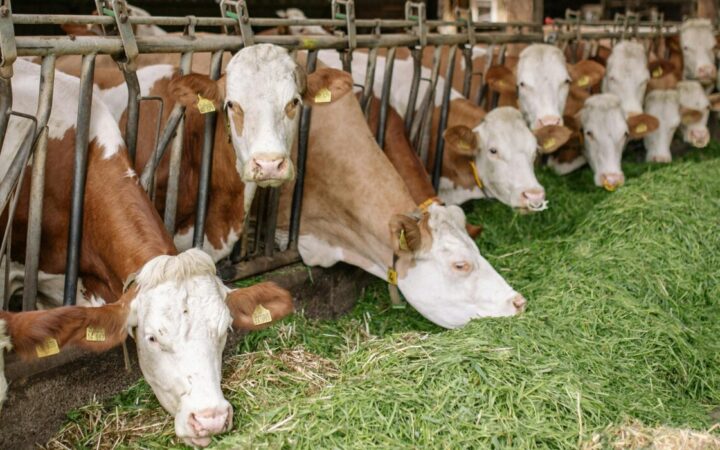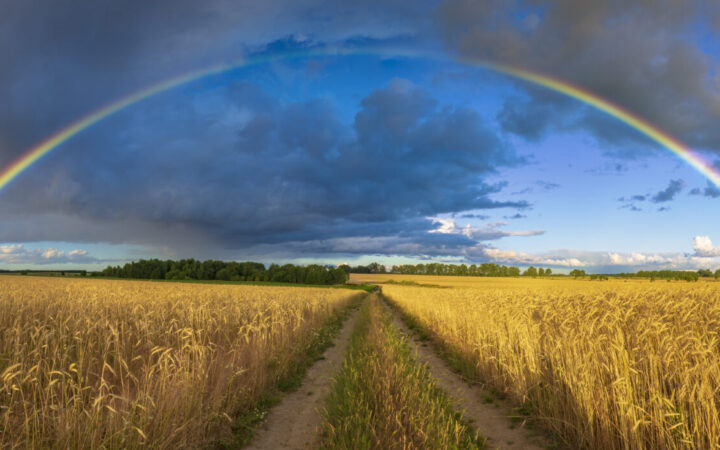This guide provides legal information to help attorneys build successful relationships with and provide support to small-scale farmers, food entrepreneurs, and other related nonprofit and community organizations in Vermont.
Introduction
Agriculture in Vermont and throughout the United States is at a crossroads. As a result of growing concerns about the environmental, economic, and health impacts of our food system, consumers are increasingly interested in purchasing from local producers. A diverse group of farmers and food entrepreneurs, including many young and beginning farmers, are meeting the demand for fresh, local, and sustainably produced food. However, farmers and food producers face a variety of complex laws, regulations, and business challenges to navigate. Many new, and primarily small-scale, farmers and food entrepreneurs often have trouble affording legal services to assist them with these challenges.
In response, members of the legal community have expressed interest in providing much-needed counsel and pro or low bono rates to small-scale farmers and food entrepreneurs, and to the nonprofit organizations and community groups that work with them. For some of these interested attorneys, serving farm and food clients may be a new endeavor. They may be unfamiliar with agriculture and food-specific laws, as well as the cultural and business realities of farm life. Although farm and food clients share much in common with other clients seeking business and legal advice, their distinctive characteristics present new challenges and opportunities to the legal community. By familiarizing themselves with this nuanced industry, attorneys who do not specialize in food and agriculture law will be better equipped to effectively advise, assist, or advocate for small-scale farmers and food entrepreneurs.
Similarly, many small-scale farmers and food entrepreneurs are unfamiliar with attorneys and the practice of law. Even when transactional legal counseling could significantly benefit farmers and their businesses, they often do not seek out legal services. Farmers may not believe that attorneys adequately understand their unique legal issues to be of service to them, or to be worth the investment both in time and resources. This sentiment illustrates the disconnect that currently exists between the food and agricultural sector and the legal sector.
The potentially high cost of legal services and the thin profit margins associated with farming compounds this problem. In Vermont, the 2017 annual average net cash income of farms was $26,215 (this includes all farms operating at a loss as well as those earning a profit). Agriculture is also an economically risky industry, with farmers making substantial financial investments and netting returns that are dependent on factors outside of their control, such as weather, natural disasters, and fluctuating local and global markets. This inherent vulnerability can have direct and often adverse effects on the income of small-scale farmers and food entrepreneurs. As a result, many farmers with businesses of the size and scale commonly found in Vermont are often unable to afford legal assistance.
This resource was produced in partnership with Conservation Law Foundation for the Legal Food Hub.
Acknowledgements
This guide was produced by the Center for Agriculture and Food Systems at Vermont Law School,
in partnership with Conservation Law Foundation. This project is funded by the National Agricultural Library, Agricultural Research Service, U.S. Department of Agriculture.
The authors of the Vermont Edition are indebted to the authors of the previous Food & Farm editions prepared for Conservation Law Foundation: the Massachusetts Edition, authored by the Harvard Food Law and Policy Clinic, the Maine Edition, authored by students at the University of Maine School of Law, and the Connecticut Edition, authored by the Ludwig Center for Community and Economic Development at Yale Law School. The following chapters draw substantially from the analogous chapters in those editions: Business Structures, Labor and Employment, Food Safety, Farm Transitions, Farmland Acquisition, and Intellectual Property.
This guide would not have been possible without the assistance, cooperation, and production support of the following members of the Center for Agriculture and Food Systems at Vermont Law School: Laurie Beyranevand, Claire Child, Fran Miller, and Lihlani Nelson. We also extend our gratitude to Jess Phelps, for his review of and contributions to the Farm Transitions, Farmland Acquisition, and Land Regulations chapters, and to Annette Higby, for her review of and contributions to the Business Structure and Labor and Employment chapters. We also thank Miranda Page JD ’20 for her assistance with citations.
This report was designed by Kelly Collar, Mad River Creative.
Suggested Citation
Vt. L. & Grad. Sch. Ctr. for Agric. and Food Sys., Farm and Food Law: A Guide for Lawyers in the Legal Food Hub (2020), https://www.vermontlaw.edu/sites/default/files/2020-03/LegalFoodHub-AttorneyGuide.pdf.




